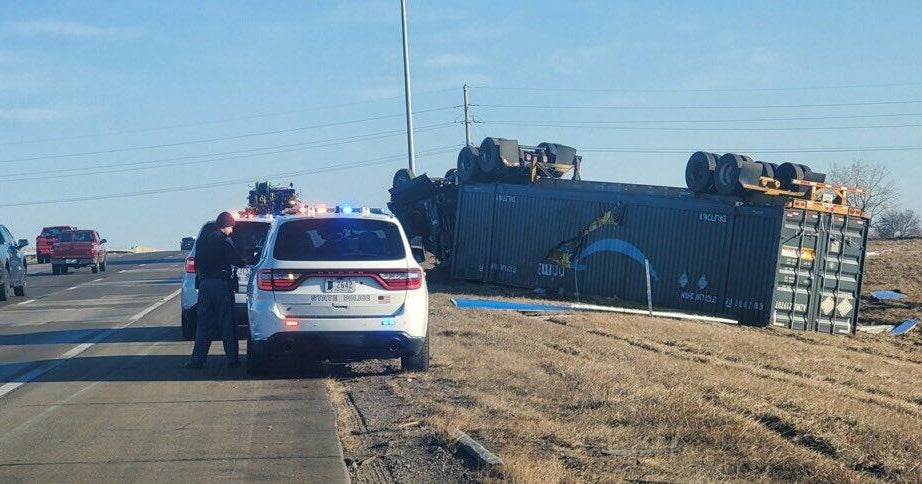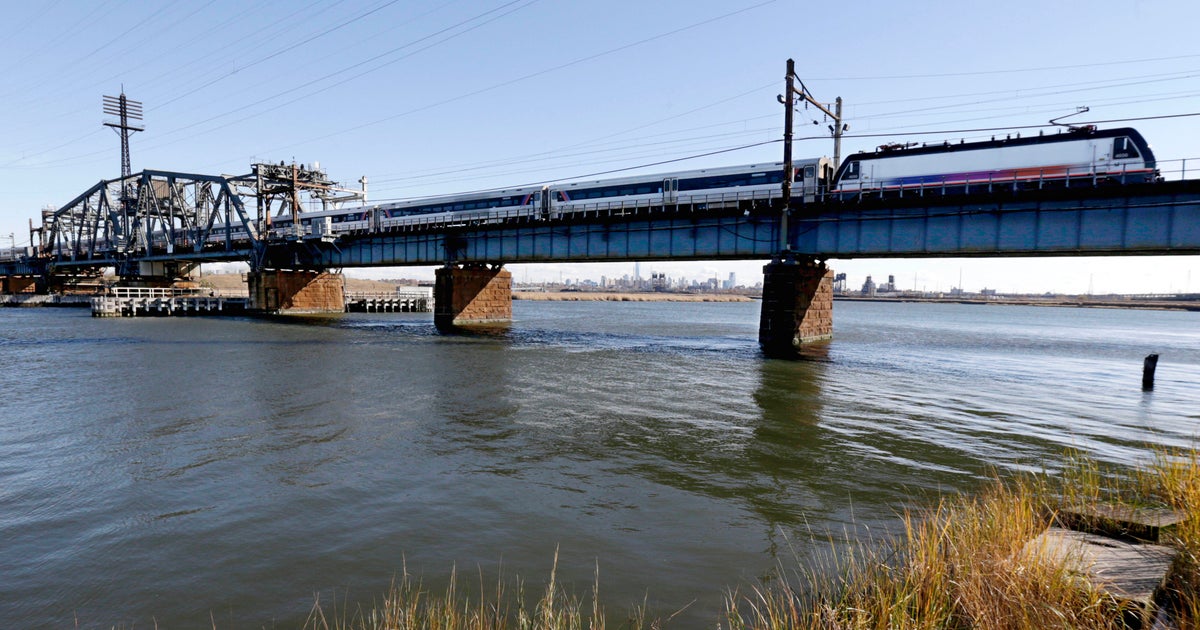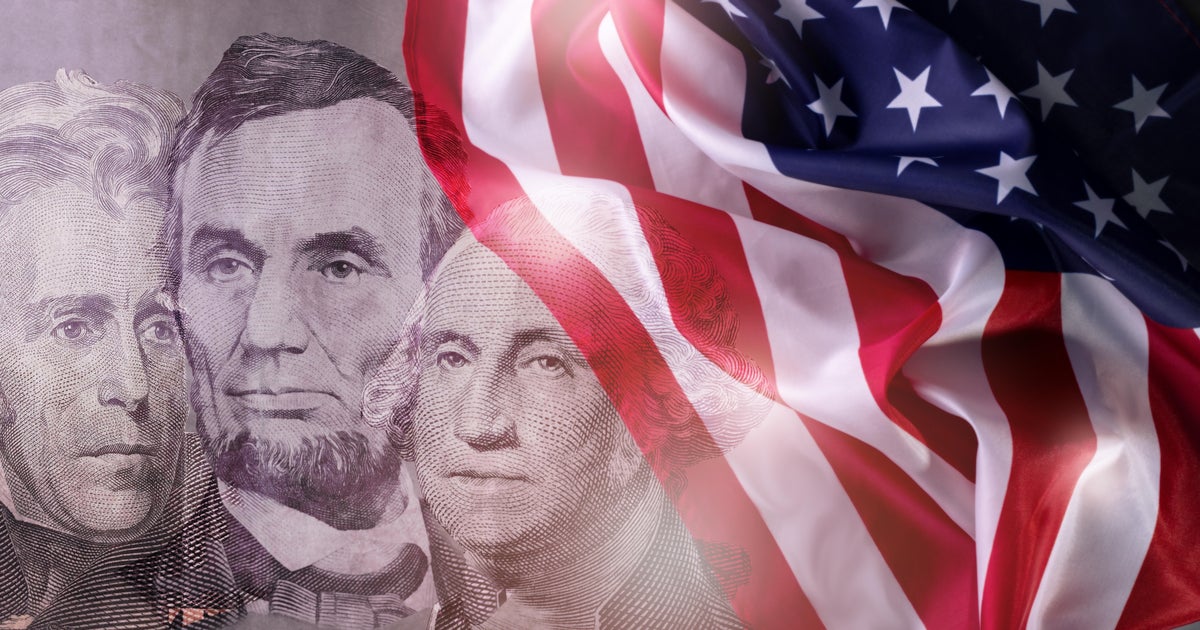Corporate America's deep ties to Saudi Arabia
The spotlight on Saudi Arabia's Crown Prince Mohammed bin Salman over the alleged murder of journalist Jamal Khashoggi is also inviting scrutiny of the scores of big U.S. companies that for decades have eagerly sought to do business with the country.
The ever-escalating tensions come while the crown prince is attempting to wean his country away from its main economic engine: oil. To do so, he's leading a drive he calls Vision 2030, whose centerpiece is attracting global investment to Saudi Arabia -- the goal of the now-controversial Saudi investment conference known as "Davos in the Desert" next week.
- Saudi Arabia is America's No. 1 weapons customer
- Pompeo to Trump: Give Saudis more time to investigate Khashoggi case
But the fallout from Khashoggi's alleged murder is undermining that goal, with a growing number of business leaders and other officials, including U.S. Treasury Secretary Stephen Mnuchin, backing away from the summit.
That's putting American companies already doing business in Saudi Arabia in an increasingly tough spot. Those corporations range from defense contractors and automakers to banks and consumer goods companies. Here's a look at the many intricate business connections already tying Corporate America to Saudi Arabia:
Bring out the big guns: Defense contractors
The relationship goes all the way back to U.S. recognition of Saudi Arabia in 1931 and the opening of diplomatic relations in 1940. And by now the dollars involved have become enormous.
Over the past decade, U.S. defense contractors were approved to sell up to $139 billion in equipment and services to Saudi Arabia, according to the Congressional Research Service. (However, some contracts may never be 100 percent filled because they're written to be filled-as-needed, up to a set amount.)
Those defense contracts have gone to companies like Boeing (including a $29.4 billion deal for F-15s signed in 2011 and $5.5 billion for Apache helicopters awarded in 2010); Lockheed Martin (including a 2017 letter of intent valued at up to $29 billion for 150 Black Hawk Sikorsky helicopters); General Dynamics (including a 2016 potential $1.15 billion award for armored vehicles); and Raytheon (awarded a $1.7 billion contract in 2011 to upgrade Patriot missiles).
President Donald Trump last year visited Saudi Arabia touting a potential $110 billion in contracts for goods like fighter planes, engines and weapons, which many experts have noted are either letters of intent (a precursor to a contract) or deals already underway, approved before Mr. Trump took office. That's still true, the Washington Post reported this month.
Autos drive big chunk of U.S. exports to Saudi Arabia
U.S. goods and services trade with Saudi Arabia totaled an estimated $45.6 billion last year, with a U.S. surplus of more than $5 billion, according to the U.S. Trade Representative's website.
Exports in 2017 were $25.5 billion, while imports were $20.1 billion, making Saudi Arabia the 22nd biggest trading partner for goods, according to the USTR.
Autos led the way at about 9 percent of total Saudi U.S. imports, with popular brands including GM and Ford. That's followed by planes, helicopters and other aerospace equipment. Carmakers have set up driver-training programs for women since Saudi government announced they would be allowed to drive this year.
Ford Chairman Bill Ford is among the American execs pulling out of the Vision 2030 summit, according to Reuters.
A two-way street: Saudi Arabia exports its cash to the U.S.
The kingdom has sent plenty of its oil riches to the U.S. over the years, becoming the 10th biggest foreign holder of U.S. debt, according to the Treasury.
It's also now the biggest source of capital for U.S. startups, according to The Wall Street Journal. Just last month, Saudi Arabia's Public Investment Fund fund (PIF) invested $1 billion in Lucid, a competitor to billionaire Elon Musk's Tesla electric-car company. Musk himself recently discussed an investment to potentially take his company private -- with the help of Saudi investors.
The crown prince has pledged $45 billion for Japanese company Softbank's $100 billion Vision Fund, which has investments in Uber, WeWork and Slack, among others, according to Bloomberg. The kingdom's own investment fund had previously bought a 5% stake in Uber for $3.5 billion in 2016 that's now valued at several times that amount.
The Wall Street angle: Aramco's potential $2 trillion IPO
U.S. banks are also in a quandary. While JPMorgan CEO Jamie Dimon has pulled out of the Vision 2030 conference, investment bankers from , Morgan Stanley and Citigroup were still planning on sending representatives, Bloomberg reported this week.
The crown prince has vowed to move ahead with the initial public offering of Aramco, the huge Saudi oil company, a move that could be a boon for banks running the deal, including those in the U.S. He recently told Bloomberg he hoped to raise a record $100 billion by selling a 5 percent stake in the IPO, which the crown prince still expects to value Aramco at $2 trillion.
Building bridges: U.S. infrastructure companies
During Mr. Trump's visit to the country last year, GE said it signed $15 billion in deals with Saudi Arabia, involving almost $7 billion of goods and services from the company including power generation, mining and health care. GE said it has supplied technology to Saudi Arabia for 80 years, including "equipment for its first oil refinery, and GE machines generate more than half of its electricity and millions of gallons of clean water each year."
Private engineering company Bechtel is working on the Riyadh metro and is helping to manage the $11 billion project to expand Jubail Industrial City, according to its website.
Saudi Arabia is also trying to get American technology companies like Amazon, Snap and Apple to help build a tech-focused city. Those relationships may now be in jeopardy.
Coffee, pizza, soft drinks, movies
Ordinary Saudi consumers already take advantage of goods and services from U.S. companies.
Starbucks had 161 stores in Saudi Arabia at the end of 2016, according to SEC filings. A Domino's Pizza franchise opened in Riyadh in 2012. And Pepsi owns a snack-food division, called Saudi Snack Foods Company Limited, according to a an SEC filing, to name just a few.
And AMC Entertainment is planning an expansion of up to 30 to 40 new theaters in the next three to five years and 50 to 100 by 2030 or sooner, according to CNBC.



